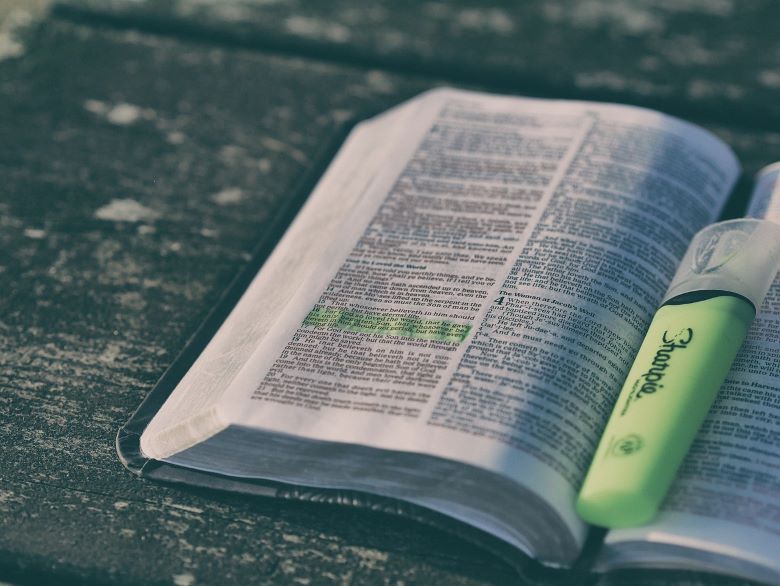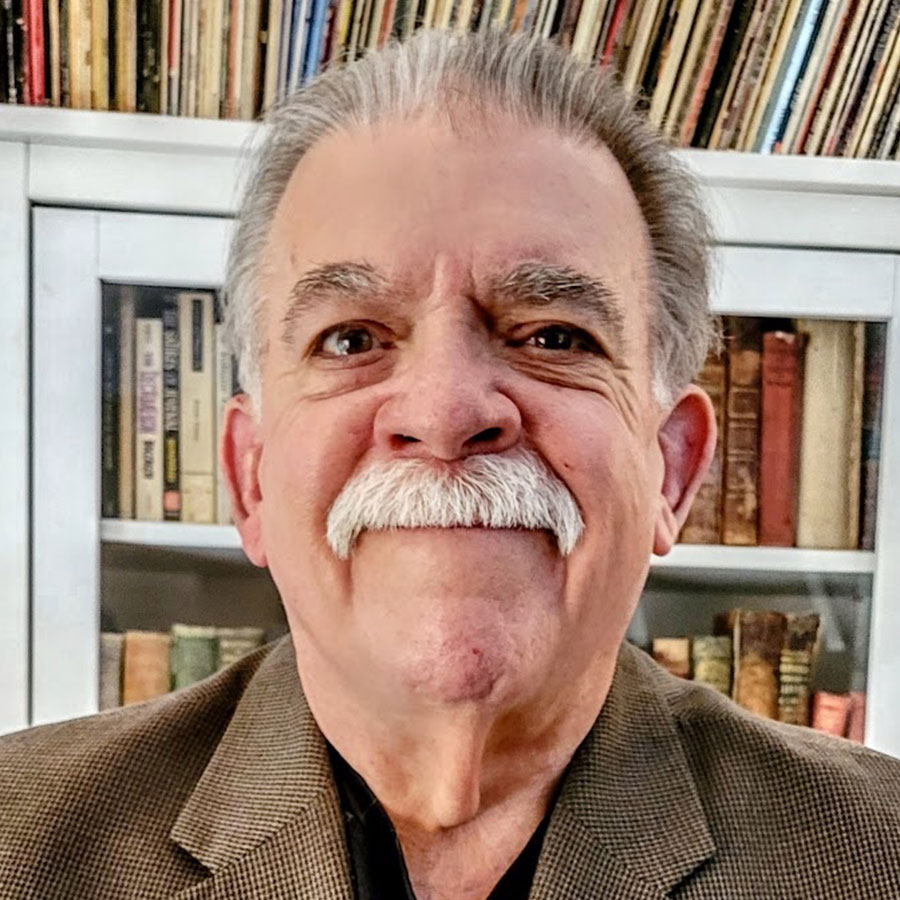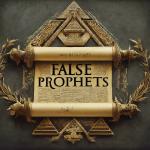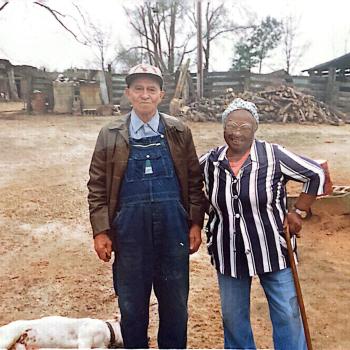You want to read the Bible but you’re not sure how to get started. Without some kind of plan, the goal might seem daunting. Here are some tried and true tips that can help you to begin your study of God’s word.

Tips for starting your Bible reading plan
- Start with a book that captures your interest
- Consider the translation you are using
- Find a place to read that will be quiet and peaceful
- Take notes to help you organize your thoughts
- Use a dictionary or Bible glossary to look up unfamiliar words
- Underline and highlight as you read
- Have goals for your reading
- Discus your reading with other people
- Join a study group
- Subscribe to a podcast or video channel that seems interesting
Start with a book that captures your interest.
There might be a book you have been wondering about.
There might be a book that your pastor has mentioned in a recent sermon that you want to understand better.
There can be many reasons why a particular book might appeal to us or which might be a something of a mystery to us and we want to understand it better.
Whatever your personal reason might be, if you start with a book that has drawn your interest, your motivation to keep reading will be increased.
Consider the translation you are using.
This might seem to be a minor point but it is really one of the most important!
Probably the most crucial thing to say here is that in spite of what you might have heard, there is no best translation.
The best translation for you is the one that enables you to understand the ideas and history it contains if that is your goal OR the one that brings you closer to your understanding of God and to the blessings that brings if that is your goal.
The King James Bible (KJV)
Of course, the old favorite of American Christians is the King James Bible of 1611. It is the literary standard and has contributed much to our modern English and to our understanding of the scriptures.
There are some problems with the King James Bible ranging from translation of Greek words from early manuscripts to deliberate and sometimes politically motivated decisions on how events and ideas were presented in the context of ancient beliefs and the politics of 17th century Britain.
The King James Bible has long been a stalwart for fundamentalist denominations in America. Some consider it the only legitimate English translation but that thinking has diminished in recent times.
If you want to see how language can inform belief, the King James Bible is eloquent and its language majestic but I caution that some of the theology is outdated, in my opinion.
The Revised Standard Version (RSV) and its several updates
The RSV was published in 1952. It is easier to understand than the KJV but it introduced a number of theological controversies in how the Greek was translated.
It has been revised several times since its original publication.
The English Standard Version (ESV)
The ESV was published in 2001. It emphasizes “faithful” translation from the Greek texts. It is easy to read compared to the KJV. It is, however, far less eloquent in its language.
The New International Version (NIV)
The NIV was published in 1978 and revised in 1984. It claims to be a balance of precise translation and also readability. It, too is easier to read than the KJV but does not include the eloquence of language of the KJV.
As we have said, there id NO ONE BEST Bible translation. If I were going to recommend one to Protestants, it would likely be the English Standard Version for ease of understanding and authenticity of translation. For Catholics, I would recommend the Jerusalem Bible. in keeping with recommendations.

Find a place to read that is quiet and peaceful
Nothing can make your experience less helpful than having to answer phone calls, questions from children, loud television in the background or a thousand other distractions. You need to find a way to isolate yourself, at least mentally, for a short time to allow you to give your full attention to your reading and to your contemplative study.
Your life will still be there when you have finished your reading for the day. Make your reading a priority and do everything you can to protect this time and space together for you and your God.
Make your reading and your study a “first things” in your life. Otherwise, the things that dominate your attention will push it aside.
Take notes to help you organize your thoughts.
You have a reason for reading the Bible. Your reason might be pure spiritual. It might be literary or historical. It might be to just understand what the Bible authors had to say about the world, about God, about Jesus, about the many things the Bible discusses.
If you find a passage that needs further examination, write your questions down.
If the steps of something are complex and intertwined, try making an outline or timeline. These can be extremely helpful.
If concepts are confusing, make a table or chart for yourself. These can clarify difficult concepts. I find myself making charts and tables all the time.
Use a dictionary or Bible glossary to look up unfamiliar words and phrases
Nothing confounds understanding more than words we are not sure of.
Scholars and pastors every day use references like dictionaries, thesauruses and glossaries when they encounter unfamiliar concepts. The same should be true for you. There are numerous general dictionaries and Bible glossaries (also sometimes known as concordances) available.
Finding one that you are comfortable with can greatly enhance your reading and make it far more enjoyable and meaningful.

Underline and highlight as you read
This is quite useful. I find that it helps me internalize a thought and to understand it better.
There is nothing wrong with writing in your Bible. L:et me repeat that:
There is nothing wrong with writing in your Bible.
Maybe you have a lambskin bound deluxe edition which was the pride and joy of your great grandfather who carried it with him every day in the Battle of the Argonne. God will not strike you down if you write on its onion-skin-thin pages but it might not be the best idea to write in a work of art and a family heirloom.
It might be much better to purchase a cheaper edition with heavier pages.
Buy it practically anywhere or get it for free from some sources.
Write questions and highlight passages with all your might! Then go back and read again. Your understanding will greatly improve.
Have goals for your reading
Have goals and write them down! You have decided to start reading the Bible for a reason, right?
Write down your goals!
Here are some examples:
- I want to know how to serve God better
- I want to know what Jesus actually said
- I want to know the history of Israel, Judah, Judea and Palestine
- I want to get guidance for how to deal with the problems in my life
- I want to understand what the Gospels say and what they don’t say
- I want to know which of God’s Hebrew Bible laws I need to be concerned with
- I want to know how the beliefs of Jesus and Paul are the same
- I want to know how the beliefs of Jesus and Paul are different
- I want to know what the differences are between the Bible translations
- I want to why God’s plan includes so many terrible things for his people
All of these are legitimate reasons for reading the Bible.
Only if you know your goals can you get the most from your reading and study.
Discuss your reading with other people
Try to connect with people in your life that might share your interests or questions. Make this a priority. Few things can enhance our understanding of any literary work than discussing the work with other readers.
Start with family and friends. Then look within a broader community.
I can tell you from personal experience, most of the people you know are unlikely to share a deep interest in Bible study. Do not discouraged. When I write these little articles, it makes me sad that so few people read them but for those who do and for me, the effort is worth it.
Seek out not only those who are likely to agree. Great conversations can revolve around differing interpretations and opinions. There is not just one way to interpret scripture.
Remember, no person, no preacher, no priest, no rabbi, no imam has the authority to tell you what you are required to believe.
Join a study group
Almost every church and synagogue has some kind of formal mechanism for Bible study. It might meet on Wednesday mornings or on Thursday evenings or at many times online. You will find Bible study opportunities all over the place. Check your church’s website for a start.
If you cannot find a Bible study locally or online, start your own. It only takes two people to start. I belong to a two-person Bible study group right now and it has yielded better understanding for me than decades of Sunday School ever did.
Subscribe to a podcast or video channel that seems interesting.
Today, the possibilities are endless. Podcast platforms and YouTube channels are so numerous that the problem is finding the right one(s) for you among the throng!
No one can do this for you. Explore what is available and try a few out. I have included a couple of links to point you in at least one set of directions that can lead practically anywhere.
https://www.youtube.com/@ReligionForBreakfast (Andrew Henry is a student of all religions and has an interesting channel)
https://www.youtube.com/@bartdehrman (Professor Ehrman is a well known New Testament translator and scholar)
https://www.youtube.com/@YaleDivinitySchool/videos (Professor Joel Baden is a renowned Hebrew Bible Scholar and translator.)
Be aware that each of these and all others have an agenda. You need to know beforehand what that agenda is likely to be.
- It might be purely academic.
- It might be evangelical.
- It might be skeptical.
When searching for video channels and podcasts, be open minded but selective.
Both the believers and the non-believers can lead you astray. Find your comfort level.
What can we conclude?
Reading the Bible is a personal thing. If we know what we want to achieve and if we know what we want to learn, our reading experience can be more enjoyable and useful.
Try these tips for yourself and see if your experience is not far better than you expected it to be!
I would love to hear from you! Tell me about your own experiences and what tips and suggestions can you offer readers? Please let me know in the comments!














